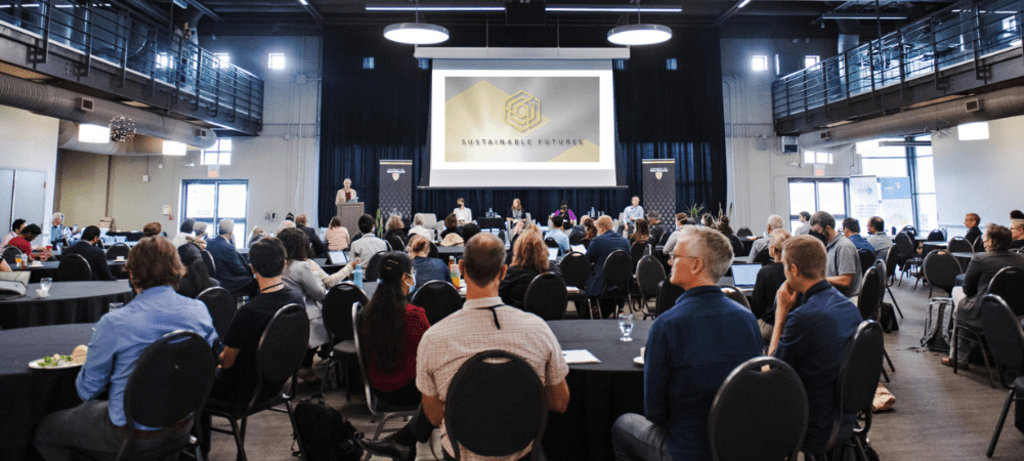Estimated reading time: 2:10 | Originally posted on Waterloo News
The High-altitude Aerosols, Water Vapour and Clouds (HAWC) mission received $200 million of Canadian Space Agency (CSA) funding to create transformative new satellite instruments for measuring changes in the atmosphere. Waterloo Climate Institute member, Dr. Chris Fletcher, is part of a scientific consortium developing satellite technology for the mission to better understand climate change and helping pave the way for space-age climate science.
HAWC will undertake a mission expected to last some 12 to 15 years and will contribute three instruments and a satellite as part of the international NASA-led Atmosphere Observing System (AOS).
This is generation defining for Canadian climate and atmospheric science. The last time a fully Canadian-designed and made instrument launched was in 2003, with the SCISAT mission.
Fletcher specializes in earth system modelling. His research incorporates insights from computer science to create climate models. Along with his involvement through HAWC, he is a member of the modelling working group for the AOS science team.
“The scale of the project is huge, and it’s likely not to launch until 2030. Once it’s up there, it can be expected to give us data for at least five years and hopefully much longer,” he says. “The way these missions go, you don’t wait until 2030 to say, ‘okay, this is what data we need.’ You use this time to figure out all those details so when the mission launches you are ready to make the most of the time you have.”
Fletcher says that HAWC is going to give scientists a whole new set of tools to better understand what is happening in the atmosphere and the climate system. Its primary function, according to Fletcher, is consistent monitoring and measurements, and especially of places that pose difficulties for gathering accurate data.
“HAWC is going to allow us to monitor areas in Canada’s far north, and also up in the high atmosphere,” Fletcher continues. “This country is so vast that it’s a real challenge to be able to get precise data from remote regions. That’s what this mission is going to do.”
Through HAWC’s enhanced monitoring capabilities, Fletcher says that another major benefit of the project is that it will be possible to better understand atmospheric processes and build better capacity for predictions of climate impacts 50 or even 100 years in the future.
“It’s a whole new generation of scientists that are going to be involved in the development of the mission and in the analysis of the data,” Fletcher says. “For a university like Waterloo and for a researcher like me, there’s a great opportunity to help shape that next generation and give them the tools to better deal with climate change.”

Contact us for media inquiries to learn more about this or other climate change related stories.

